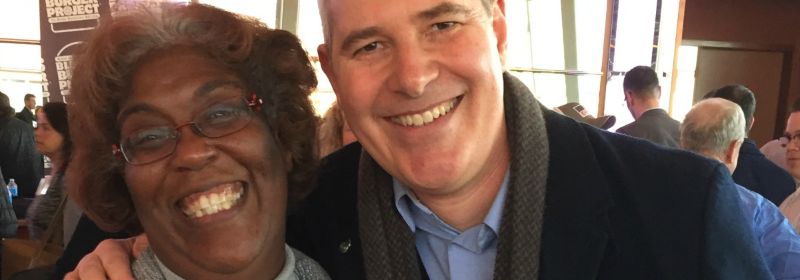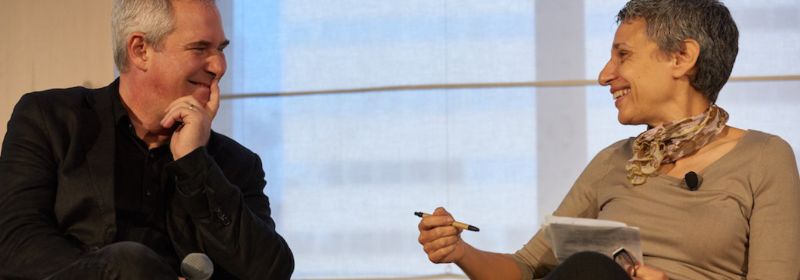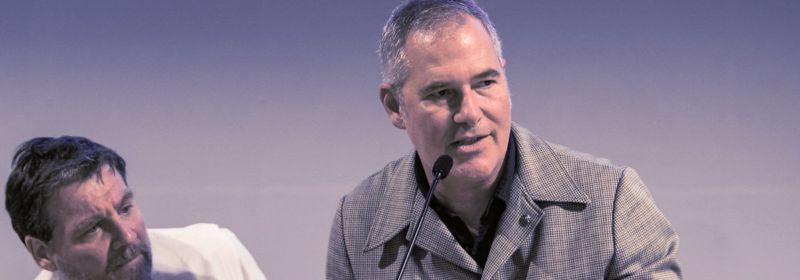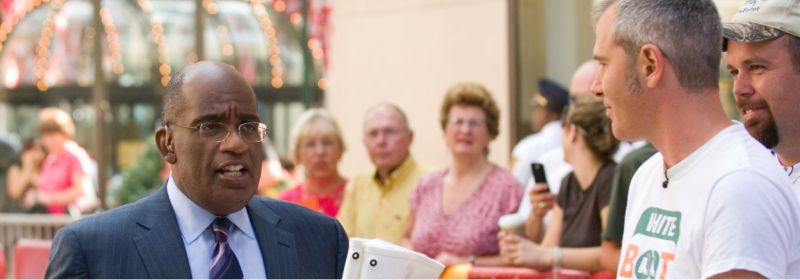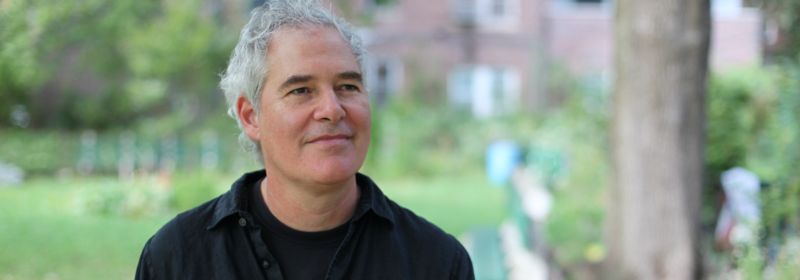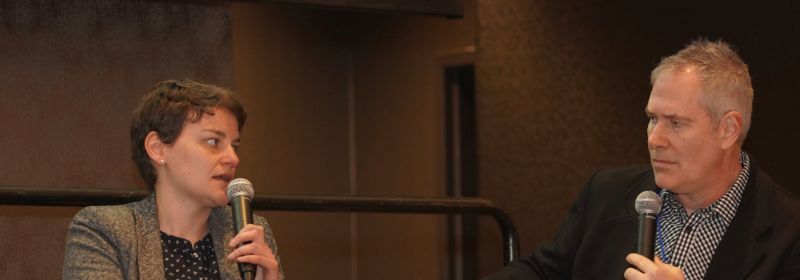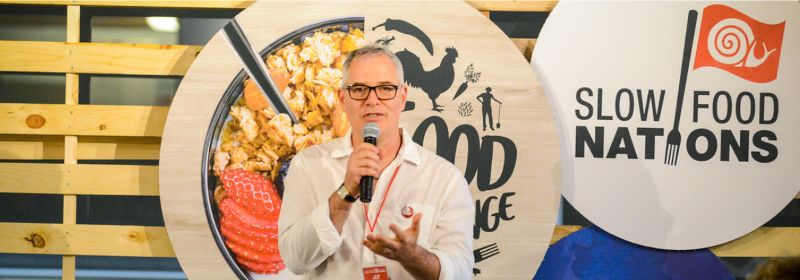About
I am Richard McCarthy. Think Like Pirates is my nom de guerre. A social entrepreneur, I contribute to a wide range of efforts. From the written word to film, evaluation to strategic planning, I bring a specific point of view. When conventional thinking leaves you adrift at sea, it's time to think like pirates.
Question the tyranny of scale, and the logic of speed and efficiency. Maybe there's a better way to build bridges, round the corner, and get back on course. I'm here to help.
For 30 years, I have played both hyper-local and global roles in growing community, especially through food. Today, I work as a consultant to community development organizations interested in food, behavior change, and urban-rural linkages. It is also and honor to serve as the president to the new Rome-based World Farmers Markets Coalition; an advisory board member to the Culinary Medicine Program; and as a board of Slow Food International.
In 1995, I founded Market Umbrella and its flagship Crescent City Farmers Market in New Orleans. We developed worker cooperatives with public housing residents; health incentive programs for seniors, children, shrimpers, and families on public assistance; and a menu of tools for public markets. I also served as the founding president of the Farmers Market Coalition. In 2013, I took the helm of the American arm of the world's largest food organization, Slow Food. For six-years, I moved the organization to make it more inclusive, where joy meets justice. Today, I serve on the organization's international governing body to steer the work of its thematic communities.
With a wide range of interests and influences — from The Kinks to Leopold Kohr — I write, speak and consult for organizations near and far. I remain committed to grow a new world within the shell of the old. Download my bio.
Why Pirates?
What has become of the social contract that binds us all together?
• • •
As hopes for civil peace become threadbare, many furiously attempt to repair contracts of old: Expectations between the rulers and the ruled, and between 20th Century concepts of work and rewards. I applaud those who seek to reform the institutions that comprise our collective “ship of state.” Abandon all pretense, we all live aboard this ship. This is especially crucial now, especially because a growing number are ready to abandon the social obligations we have to one another, and to the ecosystems that give us life. Also in question is our faith in and devotion to the other large, faceless institutions: The ones that run and, perhaps, ruin our lives. And yet, in our flight from the tyranny of scale, one question remains: Are we sailing to ... or from somewhere? If you feel lost at sea, reach out. I am always on the hunt for steering currents.
• • •
With climatic and political uncertainty, it's time to think like pirates.
• • •
In 1588 in England, “Queen Elizabeth's Pirates” defeated the Spanish Armada, once deemed “too big to fail.” Fail it did! A ragtag navy from a second-rate nation — England — defeated the impenetrable Armada. In the 18th century, pirates carved out “zones of freedom” in the Caribbean, in resistance to empire and the slave trade. Though imperfect, these examples of agile and human-scaled organizing provide useful metaphors for today's opponents to the tyranny of scale.
I see echoes of this spirit wherever I turn.
For instance, every Saturday morning around the globe, umbrellas unfurl to forge new social and commercial ties between urban and rural people at farmers markets. Ancient (yet reimagined) instruments to animate public space, markets provide shoppers with choice, and farmers with new allies. But, it's beyond markets. In his essay, “Why the Food Movement Is Unstoppable,” Jonathan Latham describes how the food movement differs from others: "Rather than a coherent ideological construct, we encounter the food movement via a series of often unconnected experiences that bring more choices into our lives." Consider the rise and presence of community gardens and kitchens, CSAs, food trucks, start-ups, and seed swaps. Before the pandemic, they may have been ubiquitous with contemporary life. Today, they broadcast a way forward. Remember, not long ago, they simply did not exist. That is, until unexpected allies joined forces to forge a different future.
Beneath the behemoth of industrial life, an alternative emerges, reminiscent of William Morris and the Arts and Crafts Movement. The future is being forged by ordinary people who seek some degree of autonomy in their lives. And that's just in the realm of food! Think beyond food: What about the inexplicable rise of book clubs, cohousing, Little Free Libraries, and giving circles?
Whereas pirates are known for disrupting trade routes, they also create new ones. Join me. Navigate uncharted waters. Search for intimate and agile “zones of freedom.” Embrace revolution of everyday life.

